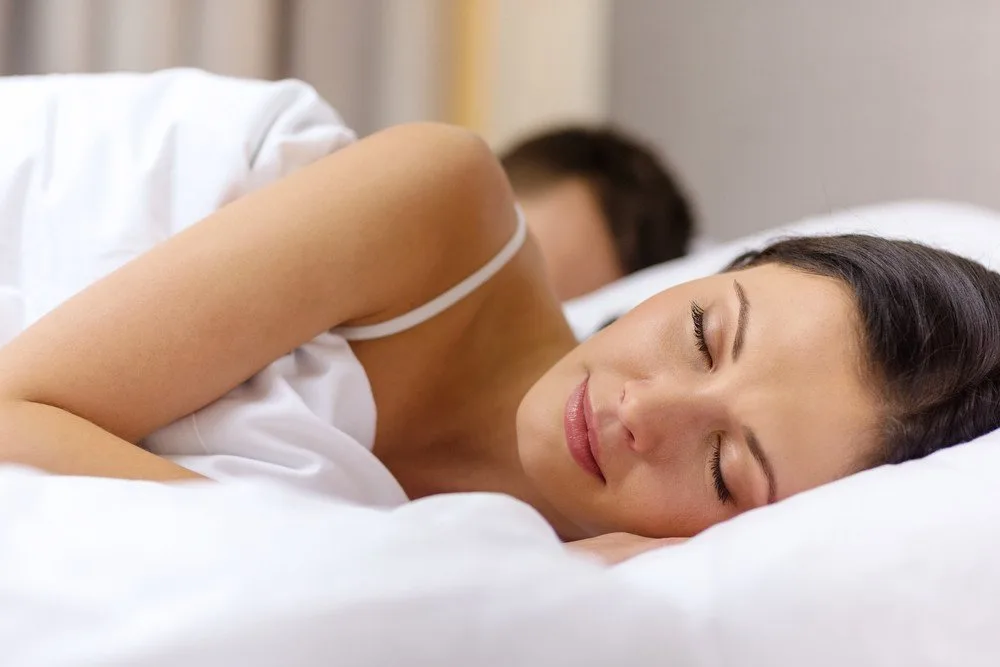The health benefits of better sleep
It has been found that individuals who are known to get adequate sleep on a consistent basis can experience numerous health benefits. This echoes the need for restorative rest through quality sleep, which is important to function well at work and in their personal lives.
There are several benefits to maintaining good sleep hygiene. These include:
- Increased energy levels
- Improved mood
- A reduction in stress and anxiety
In addition, regular, consistent sleep supports the body’s natural process of repairing itself and restoring the balance of hormones that regulate mood and metabolism.
Top 5 Ways To Build to Better Sleep
- Let natural light in as soon as you wake up. It’s been found[1] that the earlier you are exposed to bright sunlight, the earlier you’ll fall asleep in the evening. In addition, exposure to natural sunlight during the day helps regulate your body’s internal clock, which promotes better rest the following night.
- Take short breaks every hour or so to stretch, move around, do something you enjoy, or simply rest your eyes. This can help manage stress and improve your sleep quality. A 20-30 minute power nap goes a long way. However, longer naps can interfere with your sleep at night.
- Clean up your bedtime routine. Stimulants like caffeine, alcohol, and nicotine provide a burst of energy that keeps you awake; swap out these indulgences before bed and opt for a warm bath or a good book.
- Track your sleep. Sleep apps can be a valuable tool to help achieve better sleep. Other useful tools, such as Multiply’s Recharge Score, can even measure your sleep recovery and stress upon waking, which makes for more accurate feedback, ultimately leading to improved sleep.
- Create a sleep-ready bedroom. A cool, dark, and quiet environment promotes better sleep. Investing in good quality mattresses and pillows that support your body will also help you sleep better and wake up feeling more rested.
Who is the author?

Dr Alison Bentley
Dr. Alison Bentley was head of the Wits Dial.a.Bed Sleep Laboratory at the School of Physiology for 10 years.
She was the founding chairperson of the Sleep Society of South Africa in 1996 and served two terms representing Africa on the governing council of the World Association of Sleep Medicine (WASM).
Her interest in research on sleep has seen her supervise more than 20 Masters and 3 Ph.D. students on various topics.



![women [longevity live]](https://longevitylive.com/wp-content/uploads/2020/01/photo-of-women-walking-down-the-street-1116984-100x100.jpg)










